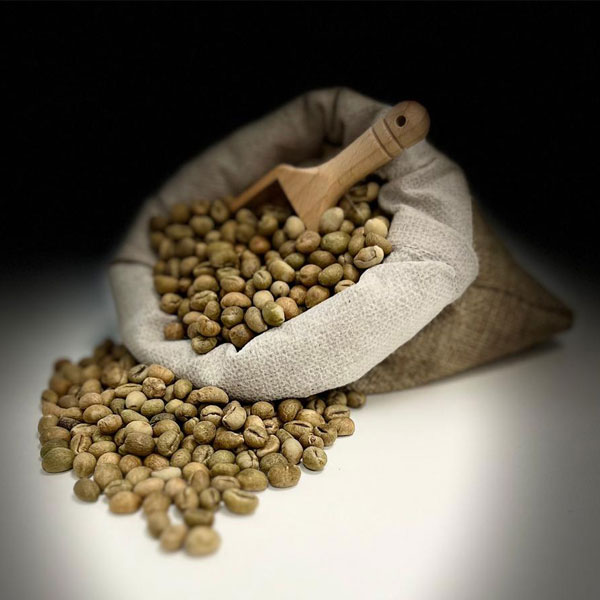Coffee ceremony in Ethiopia is an important part of the social and cultural life of this country. Therefore, an invitation to a coffee ceremony is a sign of friendship or respect and shows the hospitality of the Ethiopian people. This particular ceremony often lasts several hours. Usually a young woman, dressed in traditional Ethiopian dress, a white dress with colorful braided edges, leads the ceremony. On a bed of tall grass, she sets up a jebna, a traditional Ethiopian coffee pot made of clay. Then, he roasts the coffee beans in a flat pan on a small charcoal stove. The aroma of coffee mingles with the smell of incense, which is always burned during the ceremony. When the coffee beans are black and shiny, they are ground with a mortar.
The leader of the ceremony gently stirs the ground coffee in the jabna (coffee pot), which is round at the bottom and covered with a straw lid. The coffee is passed through a fine sieve several times. Then the youngest child is sent to announce the time to serve coffee. The youngest child in the group prepares to give the first cup of coffee to the oldest person in the room. In Ethiopia, they drink coffee with a lot of sugar. Popcorn is almost always served with coffee. First, the elders are given coffee and the rest of the guests are served in the same way. One of the most interesting customs of coffee drinking in Ethiopia is that along with coffee, women serve roasted oats, Amasha bread, peanuts and popcorn. From start to finish, this ceremony takes more than two hours and according to the tradition of the people of this land, consuming less than three cups of coffee is considered disrespectful. They believe that the soul changes during the movement from the first to the third cup, and that the third cup brings a blessing.
@coffee.zagros.group












